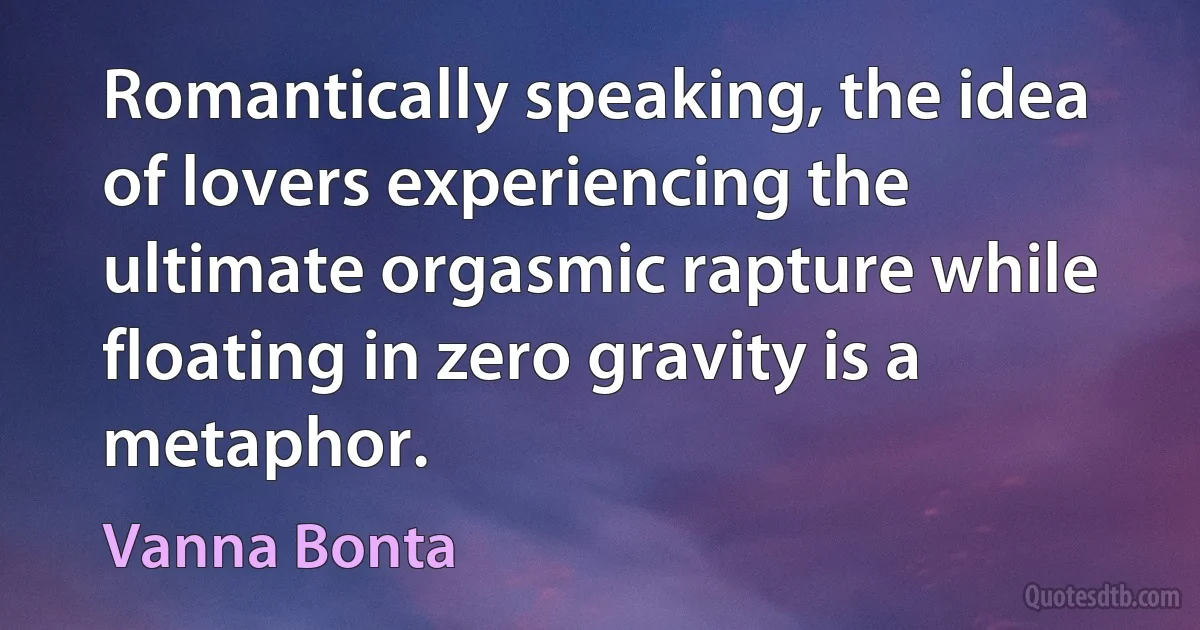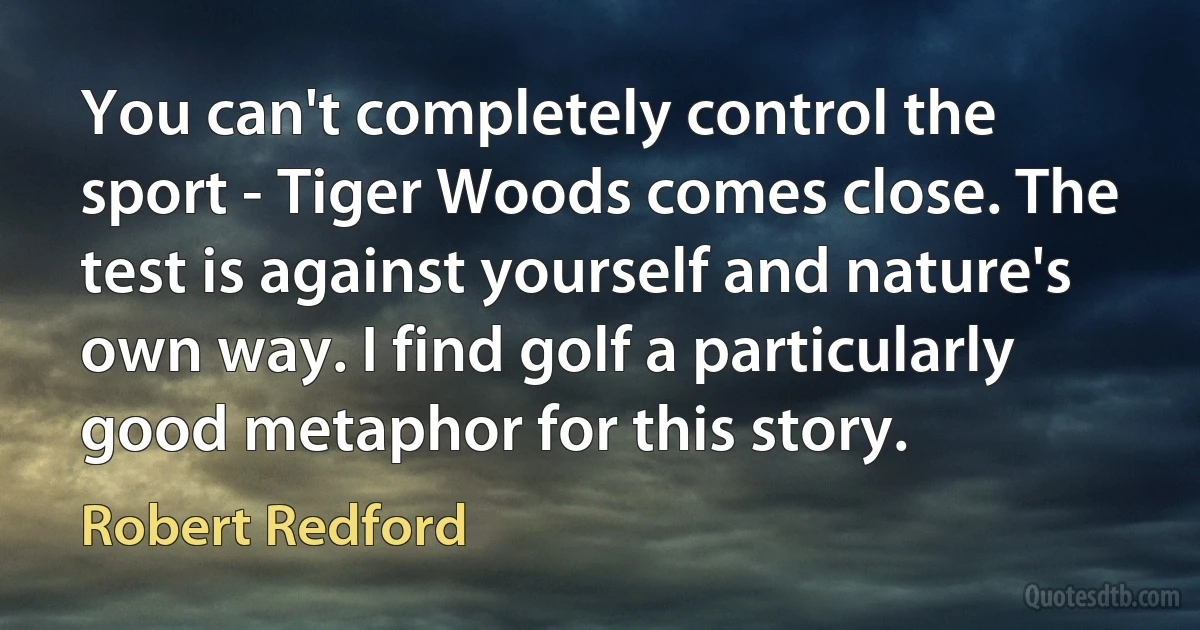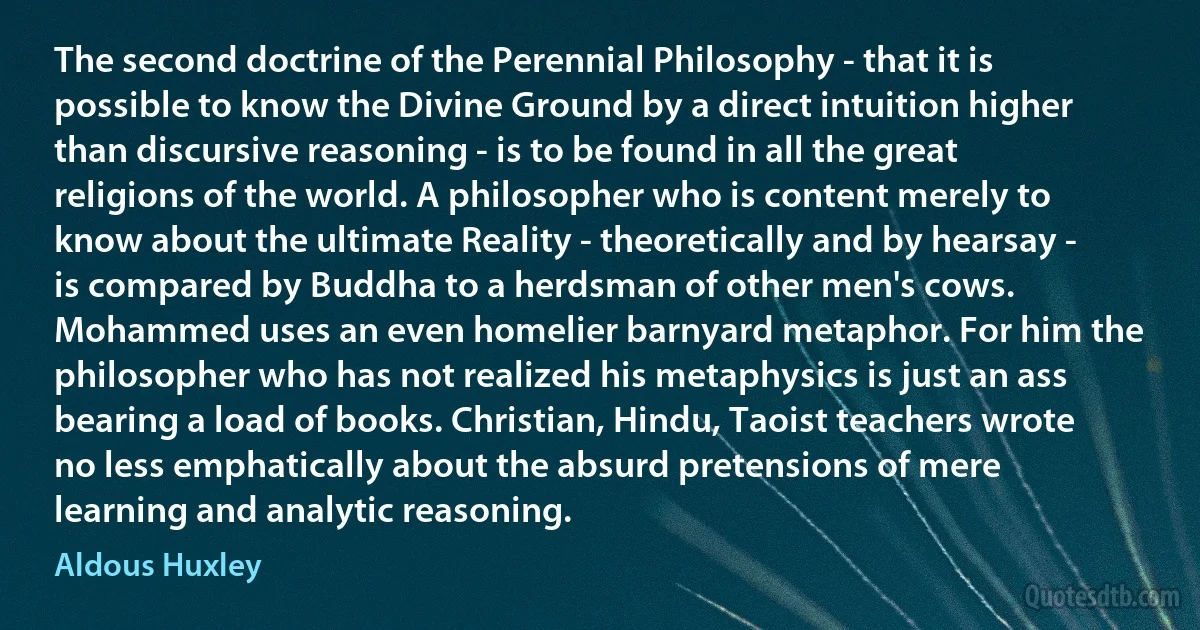Metaphor Quotes - page 7
The modern world has largely forgotten, and our educational systems ignore, the primary importance, in the evolution of man, of various types of symbolic communication-the communication embodied in gesture, ritual, dance, music myth, and poetic metaphor. All these modes of expression constitute a language of feeling, a non-discursive form of thought, absolutely essential to our individual development and to the unity of social life.

Herbert Read
It is imagination that has taught man the moral sense of color, of contour, of sound and of scent. It created, in the beginning of the world, analogy and metaphor. It disassembles creation, and with materials gathered and arranged by rules whose origin is only to be found in the very depths of the soul, it creates a new world, it produces the sensation of the new. As it has created the world (this can be said, I believe, even in the religious sense), it is just that it should govern it.

Charles Baudelaire
A thrown-stone trajectory is a good metaphor for so many phenomena: the curve of an event, any event; the curve of a life, any life; the curve of a hypothesis; the curve experienced in the manufacture of a work of art; the curve of interest experienced in the manufacture of a catalogue.

Peter Greenaway
Tonight, I should watch the sun set, and think of the impending darkness as a metaphor for my wasted life: once it was bright, and full of potential, and now it is dark and hopeless and bleak. I should not make the mistake of thinking that the moon and the stars represent slim glimmers of hope, or evidence that there is light on the other side. Even if there is light somewhere I will never walk in it again.

John S. Hall
[M]aybe the strings break, or maybe our ships sink, or maybe we're grass-our roots so interdependent that no one is dead as long as someone is still alive. We don't suffer from a shortage of metaphors, is what I mean. But you have to be careful which metaphor you choose, because it matters. If you choose the strings, then you're imagining a world in which you can become irreparably broken. If you choose the grass, you're saying that we are all infinitely interconnected, that we can use these root systems not only to understand one another but to become one another. The metaphors have implications.

John Green (author)
In the natural sciences, language (mathematics) is a useful tool: like the microscope or telescope, it enables us to see what is otherwise invisible. In the social sciences, language (literalized metaphor) is an impediment: like a distorting mirror, it prevents us from seeing the obvious.
That is why in the natural sciences, knowledge can be gained only with the mastery of their special languages; whereas in human affairs, knowledge can be gained only by rejecting the pretentious jargons of the social sciences.

Thomas Szasz
Dismissing poetry is dismissing the glory of the imagination. Teaching English to adolescents for twenty years gives me the authority to say, "Kill the imagination and you kill the soul. Kill the soul and you're left with a listless, apathetic creature who can become hopeless or brutal or both. Kill the metaphor and you kill desire; the image magnetizes the movement of the energy." I will make this clear as I speak. The tax money that is being withdrawn from arts programs in schools will be spent on prisons.

Marion Woodman
And just like this, all of a sudden, your people and mine will begin to talk?" "It only looks sudden from some places. Running off a cliff is sudden if you don't know it's there, even if you have been running toward it for days." "That's not a reassuring metaphor." "It isn't meant to be.

John Barnes
The work itself, whether thought of as image of idea, as revelation, or as a manifest of meaning, could not have existed without a profound concern to achieve a purpose beyond vanity, ambition or remembrance, for a man's term of life. Yet, while one looks at his works, a warning should be given, lest one forget, among the multitude of issues, the relation I bear to those with 'eyes'. Although the reference is in a different context and for another purpose, a metaphor is pertinent as William Blake set it down: THE Vision of Christ that thou dost see – Is my Vision's Greatest Enemy: - Thine is the friend of All Mankind, - Mine speaks in parables to the Blind: 'Therefore, let no man under-value the implications of this work or its power for life; - or for death, if it is misused'.

Clyfford Still
For the translator of poetry, there is no activity that brings you into a closer, more intimate contact with language, both the second language and your own language, which translation allows you to experience freshly. Of course, translation is the impossible art which is why it attracts often the best minds, at least those driven by difficulty. The best metaphor I know for translation is from my friend Eamon Grennan, who translated the poems of Leopardi. It's like walking in a clear mountain stream, looking at colorful stones in the water. You find one so gorgeous, you put it in your pocket, take it home and put it on a shelf. In the morning you are surprised that the stone looks so dull and without luster. You have the stone, but you have removed it from the water of its home language so it has lost its luster.

Billy Collins



